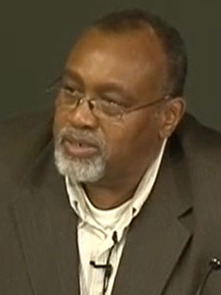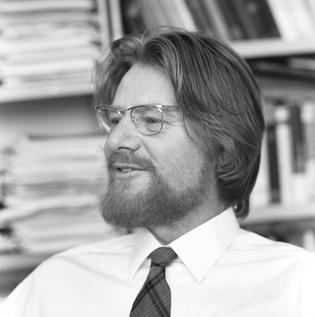A Quote by Michael Hayden
Politicization - the shading of analysis to fit prevailing policy or politics - is the harshest criticism one can make of an intelligence organization. It strikes beyond questions of competence to the fundamental ethic of the enterprise, which is, or should be, truth telling.
Related Quotes
You must develop a sense of what you can contribute that goes beyond 1 company or organization. A career path today will likely involve moving from organization to organization, creating a picture of rising circles, rather than a vertical ladder. In fact, a vertical rise within one organization will very likely move you away from your strongest areas of competence.
Three strikes' laws make no sense as policy. They are more about the politicians responding to the people's desire to see their fury at social dysfunction reflected in the law. Our sentences are way too long. We need to look at the war on drugs, which is to say we need to look and this is easier said than done. Once again, politically, not an easy lift at all. Nevertheless, our policy is self-defeating. We're not keeping people from using the substances. We're creating a huge black market, just like we did under prohibition, which attracts all kinds of criminal enterprise.
Policy is formed by preconceptions, by long implanted biases. When information is relayed to policy-makers, they respond in terms of what is already inside their heads and consequently make policy less to fit the facts than to fit the notions and intentions formed out of the mental baggage that has accumulated in their minds since childhood.
We can work together for a better world with men and women of goodwill, those who radiate the intrinsic goodness of humankind. To do so effectively, the world needs a global ethic with values which give meaning to life experiences and, more than religious institutions and dogmas, sustain the non-material dimension of humanity. Mankind's universal values of love, compassion, solidarity, caring and tolerance should form the basis for this global ethic which should permeate culture, politics, trade, religion and philosophy. It should also permeate the extended family of the United Nations.
The concept of 'measurement' becomes so fuzzy on reflection that it is quite surprising to have it appearing in physical theory at the most fundamental level ... does not any analysis of measurement require concepts more fundamental than measurement? And should not the fundamental theory be about these more fundamental concepts?




































